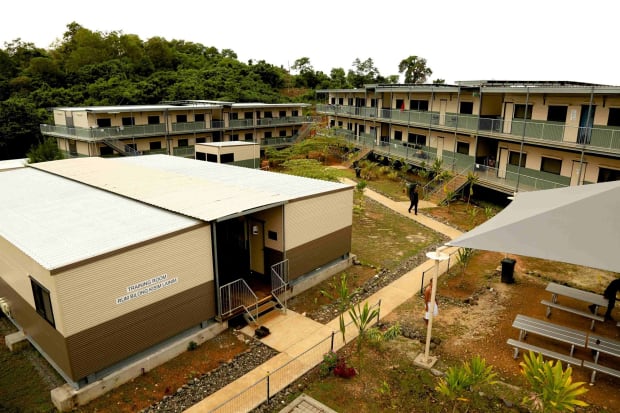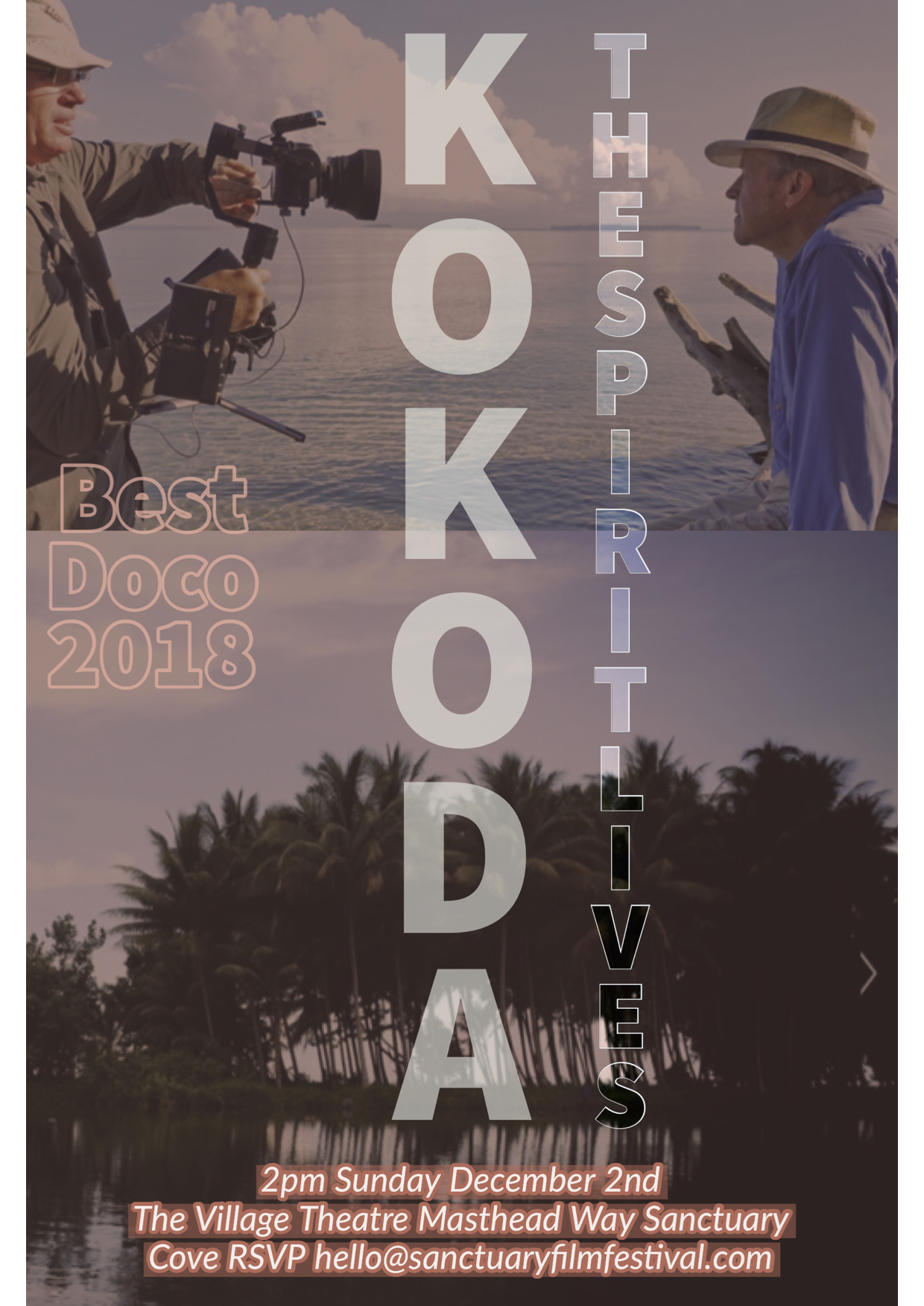CHINA THREATENS TO CHOKE AMERICA IN ITS OWN WASTE
Something to THINK ABOUT…
The world’s “Super Sized Consumer”, the United States, could find itself slowly strangled by its own waste products as China plays its famed long game in the ongoing trade war with Donald Trump.
One potentially disastrous unforeseen consequence of Trump’s onslaught is Beijing’s retaliatory tariff on “recovered fibre materials” (the paper the Yanks put in their bins).
China has combined the new charges with a dramatic cutback in the amount and types of recyclables it buys from America. The result: America’s paper-recycling industry is teetering on the edge of financial disaster.
Its collapse would have vast flow-on affects as America previously sold up to 40% of its recyclables to China. America may find some capacity for recycled paper in India and other parts of South-East Asia but apparently nowhere near the amounts previously taken by China.
The US paper-recycling business grew rapidly once it discovered the remarkably cheap costs of shipping the paper by back-loading it in empty containers returning to China after they had delivered products from the one-sided trade with Asia.
The cheap container capacity resulted from the huge imbalance in the trade between the two nations: China exports about $US500 billion in goods and services to the States but only imports about $US150 billion in return.
China soon became the leading importer of American recycled paper – 2.73 million tons of cardboard in the first half of last year and 1.4 million tons of all the other US-sourced “recovered fibre”.
But in July 2017 Beijing started refusing many types of plastic and what it called “foreign garbage” and turned its eyes on its own burgeoning recycling problems. It slashed its US plastic purchases by 92% in the first six months of 2018.
So as Trump continues his cavalier approach to international trade and diplomacy, he may well find the first signs of revolt coming from his own backyard. Many US cities are simply incapable of handling their own waste recycling and the biggest of them are already in crisis mode.
By unwittingly removing the China option, Trump has forced one industry to the brink and open up the possibility that the Great Consumer may choke on its own vomit.













